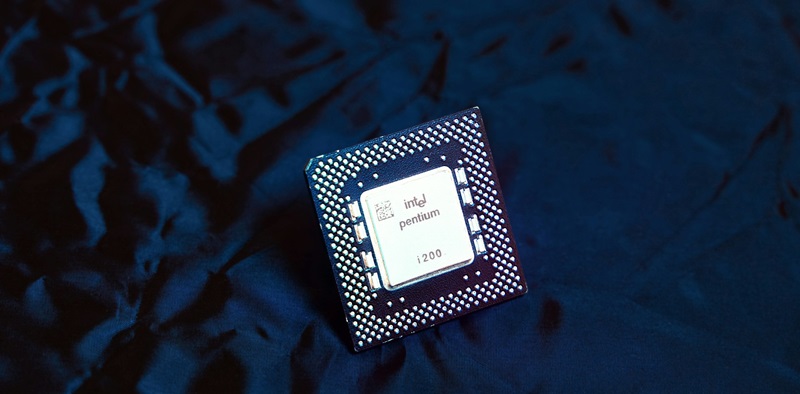Intel’s strides in virtualization for Linux are evident with the recent optimization of its hybrid CPUs. The Thread Director feature is central to this progress, focusing on marrying the capabilities of the energy-efficient E-cores with the robust P-cores to enhance task scheduling. This development is crucial for virtual machine (VM) operations, enabling them to function more efficiently on Linux platforms, where VMs are key to multitasking on a single physical server in development and server management scenarios.
The integration of Intel’s Thread Director with Linux is a significant move toward improving hybrid processor performance. The benefits of these optimizations are apparent, with benchmarks revealing up to a 14% boost in VM performance on Windows, indicating Intel’s efforts in upgrading their technology. These enhancements are not only timely but are also critical for the growth of VM technology, offering a glimpse into future advancements for hybrid CPUs in Linux-based systems.
A Paradigm Shift in Task Allocation
Intel has advanced its Thread Director Virtualization technology to enhance computational task management within CPUs. The technology smartly delegates intensive tasks to the stronger P-cores while assigning simpler tasks to the E-cores, boosting both performance and energy efficiency. This intelligent allocation is particularly vital in the realm of virtualization.
The integration of Thread Director into Linux is a significant move by Intel, promising to improve virtual machine (VM) performance and the overall user experience. This step represents a deeper integration of hardware innovation with software functionality, optimizing the use of hybrid CPUs in virtual environments.
As Intel continues to refine its technology, the Linux community is poised to witness a more seamless union of adaptive resource management with the demands of virtualization. These enhancements by Intel indicate a commitment to unlocking the full capabilities of hybrid CPUs for Linux users, catering to the need for both flexibility and power in computing.

